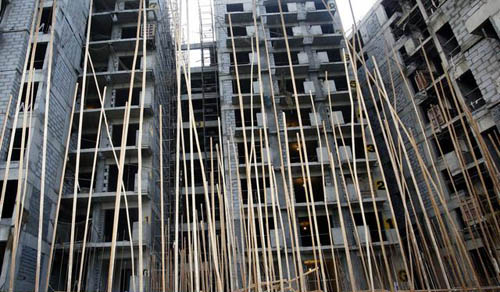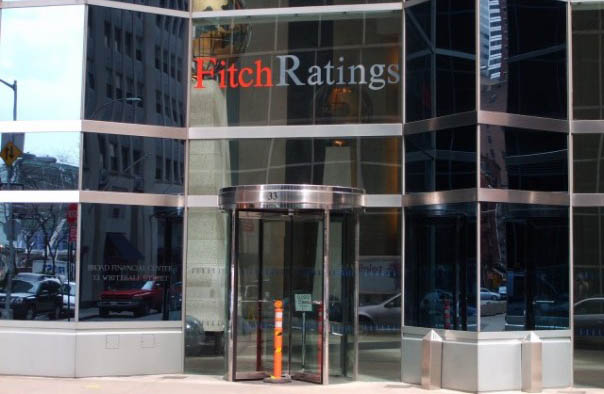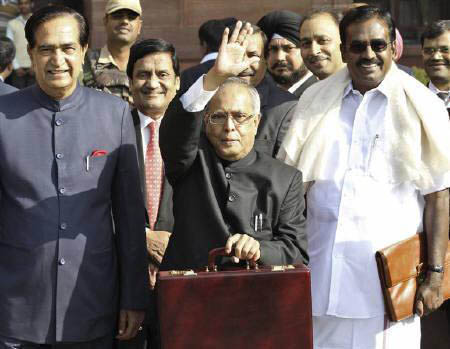
Mantri Realty to invest Rs 750 cr for three housing projects
Track2Realty-Agencies: Mantri Realty on Friday, Dec 7, said it will invest up to Rs 750 crore to develop three housing projects in Maharashtra and Karnataka over the next 2-3 years.

Track2Realty-Agencies: Mantri Realty on Friday, Dec 7, said it will invest up to Rs 750 crore to develop three housing projects in Maharashtra and Karnataka over the next 2-3 years.

Price rationalisation has always been a tricky issue in real estate business where demand and supply dynamics drive the market more than any other parameter. The fact that real estate is not a perishable commodity and mostly a business of deep pockets, holding of inventory many a time makes more sense than hard sell keeping in mind the pipeline visibility.

Fitch Ratings says in a new report that the Rating Outlook for the Indian real estate sector continues to be Negative for H212, due to persistent sluggish demand, high construction costs and liquidity pressures.

Industry bodies like NAREDCO can become ideation centers. NAREDCO is actually taking some concrete steps in getting the consumers and developers to connect with the policy makers. Ideally, we need to identify the next line of growth centers. Every city will have its own growth center. That is when we can realise that the consumer is buying what he wants and not what is available.

The real estate sector is ready to have its own regulator. Sector is actually craving for a regulator as we have come to understand that a single window will give us a way forward to growth and customer satisfaction. At this moment we are living in a regime of 40 NOC’s to a project and still no permission to function. It has no meaning and it does not give us the freedom to grow.

India today needs global products and large scale regions to be developed which has to have inherent quality of having a good financial ecosystem, legal ecosystem, administrative ecosystem and the ecology of real estate has to function under the regulatory environment. But the regulatory environment should not be restrictive and instead focused to give impetus to the industry.

We are all talking about reforms in the Indian real estate. However, while a structural reform is the need of the hour, it is equally important to understand that efforts to regulate the sector by almost all possible players in the ring are actually detrimental for the overall growth of the sector. This also raises the fundamental question as to reforms at what cost and for whose benefit.

In the wake of the Competition Commission of India (CCI) imposing a hefty penalty of Rs. 630 crore on DLF, the anti-monopoly regulator has been flooded with a host of real estate related consumer complaints which may not be in the ambit of CCI. CCI should draw a line that bifurcates between what falls in its domain and what is in the consumer protection ambit. However, in the absence of scientific economic analysis of the relevant market, both in product category and geographic category, the two legs of the relevant market, the sector is keeping its fingers crossed as there has been a clear anomaly in defining the relevant market by the CCI.

In view of the ever increasing housing shortage in cities and towns, the Union Ministry for Housing & Poverty Alleviation has decided to set up a high-level committee to recommend policy interventions to facilitate creation of rental housing stocks to cater to those who cannot afford to buy houses. The decision comes after several rounds of representation by the industry bodies, CREDAI & NAREDCO.

When the Finance minister Pranab Mukherjee proposed home buyers to withhold 1% of the sale consideration as Tax Deducted at Source (TDS), it became a free-for-all kind of football match with developers and property consultants alleging that it could encourage black money component in real estate, while tax consultants believed otherwise and pointed out that the reach of the banking sector in rural area makes it easier to detect unsavoury deals.
